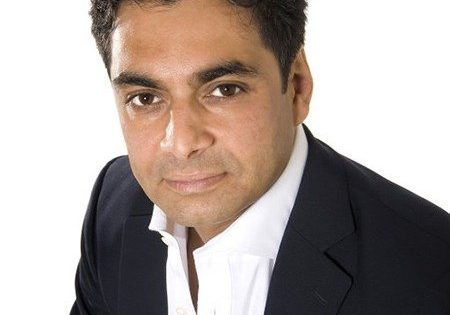The Dermatology Unit provides specialist treatment for skin conditions such as Milia or as they are more commonly known, milk spots.
Find all the information you’ll need before coming to Hospital for treatment. Learn more about making an appointment, our luxurious accommodation and our exceptional facilities.
About Us
Founded in 1856, St John & St Elizabeth Hospital is one of the UK’s largest independent charitable hospitals. Our commitment to our patients is in the quality of our care, the range of our services and the quality of our consultants and staff.
Contact Us
Make an appointment, find our contact details and have your say by providing feedback. You’ll also find information on where to find us and how to get here.

Health Professionals
Find the useful information for Medical Practitioners, including information on patient referrals, careers, education and more.
Services
St John & St Elizabeth Hospital is renowned for its highly specialised clinics that provide exemplary care for patients. Our expert Consultants cover the full range of specialties and are able to treat almost any medical condition.
Consultants
We’re proud to be the chosen Hospital for some of the world’s leading Consultants. Our specialist Consultants cover a wide range of specialisms and are committed to our values as a Hospital.
Search
Milia
Milia causes
Milia are cysts that often form in groups on the nose, cheeks, forehead and eyelids. They appear as white bumps and are common in newborns but usually clear up within a few weeks. Older children and adults can develop Milia, which are caused by the skin tissue protein keratin becoming trapped beneath the surface of the skin.
In newborns, it is often mistaken as baby acne but research has shown that babies are born with Milia whereas acne occurs post-birth. The causes of Milia in older children and adults are associated with skin damage such as blistering, burns, rashes, long-term sun damage. These dome-shaped bumps, usually white or yellow, are not normally painful but can become irritated or reddened with contact to clothing or bedsheets.
Milia treatment
The Milia normally disappears in a few weeks but treatments can be applied to more persistent outbreaks and patients are advised to see a dermatologist if the condition does not clear up. They use a range of minor procedures and medications to restore the skin to normal.
De-roofing, or using a sterile needle to pick out the contents of the cyst, is a standard procedure. Diathermy, the use of electrically induced heat, is effective at clearing cysts. Experts also employ destruction curettage, which involves surgical scrapping and cauterization, and cryotherapy, which freezes the cyst. Demabrasion, to remove the top layers of the affected skin can also be considered. The procedures are fast, painless and are done as out-patient treatments. Medications, such as topical creams, and chemical peels can also be used.
Contact us
If you would like to know more about our milia treatment then contact us today by phone on 0203 370 1026 or email [email protected].

Dermatology Clinic
Our London-based Dermatology Unit is led by the UK’s top dermatology specialists. We offer consultation, diagnosis and treatment of all types of skin conditions in clean, comfortable surroundings.

Patient information
Our Hospital is renowned for providing exemplary levels of care across more than 90 services. From orthopaedics, to urology, our private GP practice and Urgent Care Clinic, our services are led by some of London’s leading Consultants. For more information, and to find a service suitable for your care, find out more about the services that we offer.
Make an enquiry
If you have any questions relating to treatment options or pricing information, get in touch with us by filling out one of our contact boxes or giving us a call on 0203 370 1026.
Our Appointments Team have a dedicated and caring approach to finding you the earliest appointment possible with the best specialist.
If you are self-paying you don’t need a referral from your GP for a consultation. You can simply refer yourself* and book an appointment.
If you have health insurance (e.g. Bupa, Axa Health, Aviva), you will need to contact your insurer to get authorisation before any treatment, and in most cases you will also require a referral letter from your GP.
If you are not registered with a GP, we have an in-house private GP practice you can use. Alternatively, we can suggest the most appropriate course of action for you to take, given your location and individual circumstances.
*Please note – for investigations such as X-rays and MRIs, a referral will be required. However, we may be able to arrange this for you through our on-site private GP.
Latest articles
The latest news, insights and views from St John and Elizabeth Hospital.
Find out what we’re doing to keep you safe, read expert articles and interviews with our leading specialist Consultants, learn more about common conditions and get your questions answered.











